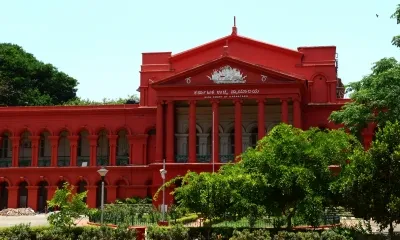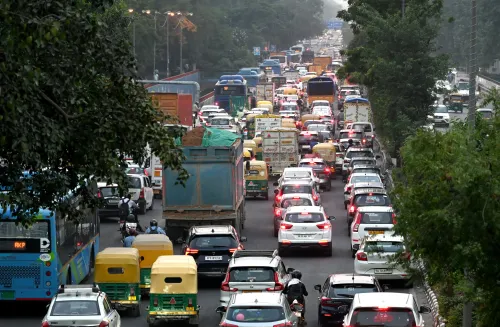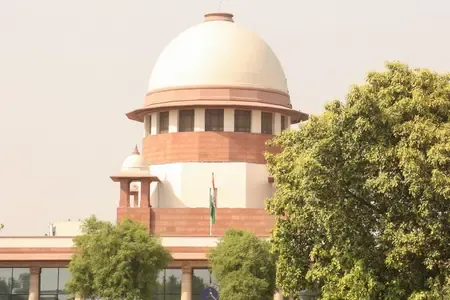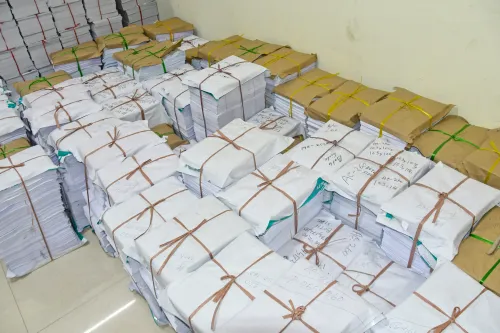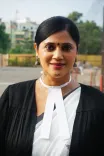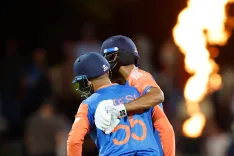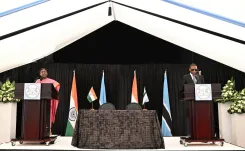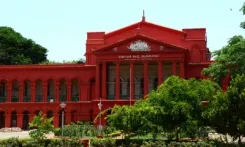Did Sharad Pawar Predict PMLA's Use Against the Opposition?
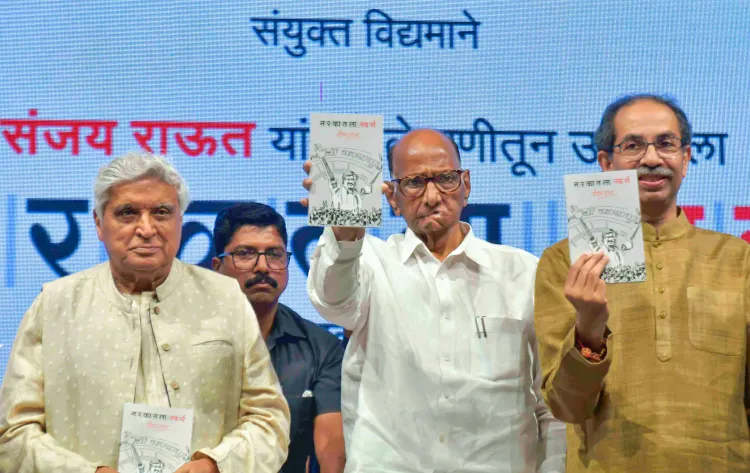
Synopsis
Key Takeaways
- Sharad Pawar opposed PMLA amendments in the past.
- He warned of potential misuse against opposition.
- Sanjay Raut's arrest highlights concerns over the act.
- The PMLA's amendments have implications for individual rights.
- Uddhav Thackeray called for equal rights for states in using PMLA.
Mumbai, May 17 (NationPress) – The Nationalist Congress Party (NCP) leader Sharad Pawar disclosed on Saturday that during his tenure as a union minister, he vocally opposed former Prime Minister Manmohan Singh regarding the amendments made by ex-union finance minister P Chidambaram to the Prevention of Money Laundering Act (PMLA).
"I was part of the union cabinet. When Chidambaram introduced the amendment to the PMLA, it shifted the burden of proof onto the accused. I voiced my concerns, telling then-Prime Minister Manmohan Singh that this change would be misused when the government shifts. Unfortunately, my warning was not heeded," Pawar remarked.
He further emphasized that Chidambaram himself became a casualty of this very amendment.
“I had my reservations about this law being weaponized against the opposition,” Pawar stated during the launch of a book titled Narkatil Swarg (Heaven in Hell) authored by Sanjay Raut, a Shiv Sena UBT MP who shared his experiences of spending 100 days in jail after being arrested under the PMLA. Raut was detained in Arthur Road Jail following accusations by the Enforcement Directorate (ED) regarding financial discrepancies in the Patra Chawl redevelopment project. He was subsequently released on bail.
Pawar noted that after the shift in government, it was Chidambaram who faced incarceration under the PMLA.
The amendments made to the original PMLA in 2012 by the Manmohan Singh administration broadened the definition of money laundering to encompass actions like concealment, acquisition, possession, and utilization of the proceeds of crime as offenses.
"Once there is a power transition at both state and national levels, we must prioritize revising these amendments to the PMLA, which infringe upon the fundamental rights of individuals and political entities," asserted Pawar.
In his address, Uddhav Thackeray, the Shiv Sena (UBT) leader, advocated for states to gain the authority to utilize the PMLA.
"We are a federation of states. There must be equitable rights for everyone. Why should states be barred from employing the PMLA? They should have the same rights to its application," he remarked.
Thackeray reflected on historical attempts to undermine the Shiv Sena by imprisoning its leaders.
"We have engaged in numerous battles and emerged stronger. Many are eager to join the fight," he said, emphasizing the urgent need for regime change.
On the topic of One Nation One Election, Thackeray insisted that elections should be conducted transparently and that the Prime Minister, representing the nation, should campaign for all political factions.
Raut expressed his identity as part of a resilient lineage. "Neither I, nor Saket Gokhale, nor Sanjay Singh from AAP, nor Anil Deshmukh from NCP-SP will bow down. We resolved to combat this oppressive regime without yielding... the country requires individuals like us now," he stated.
Raut characterized his book as a political manuscript.
"Everyone interested in opposition work should read this. Those looking to align with the ruling side may want to steer clear. Even dictators have their limits and eventually face downfall," he concluded.

